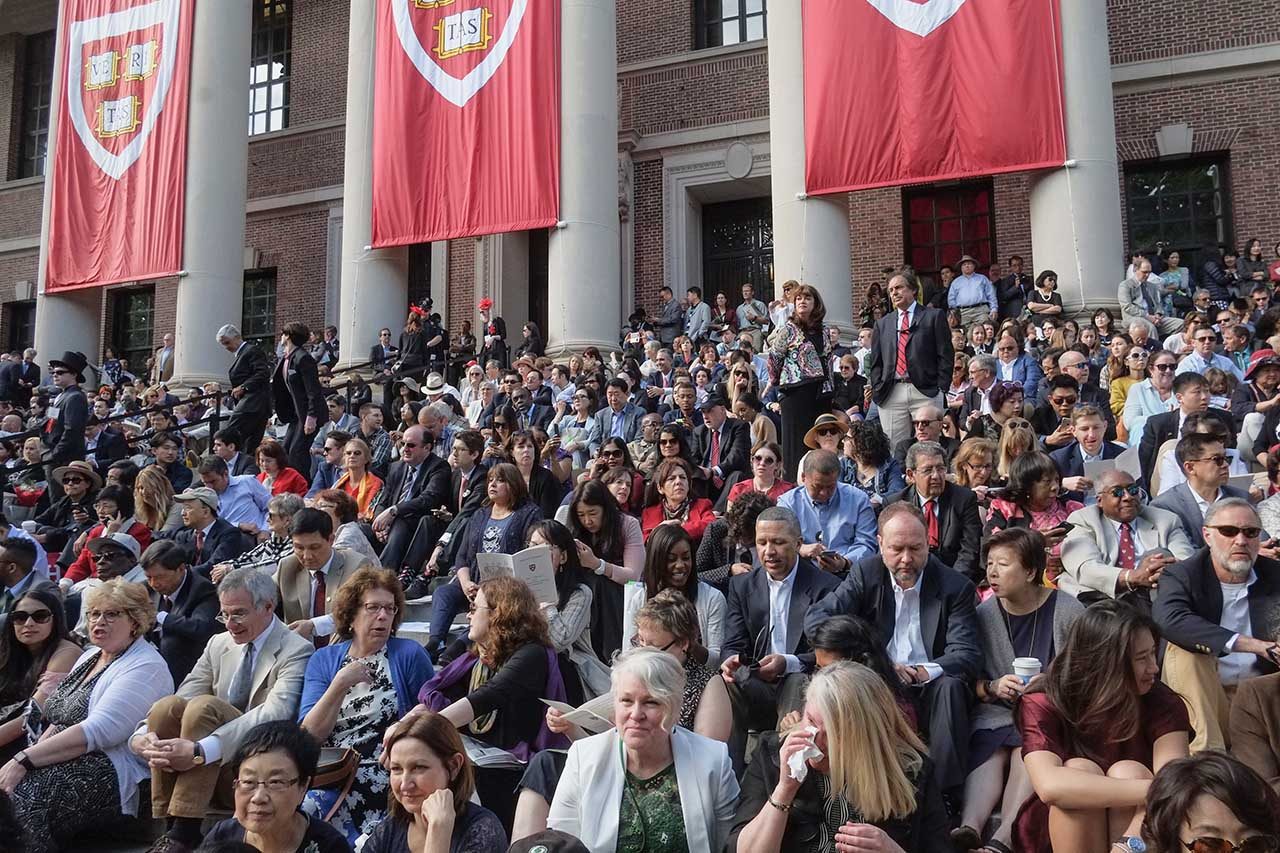SUMMARY
This is AI generated summarization, which may have errors. For context, always refer to the full article.

WASHINGTON, DC – The US Justice Department accused Harvard University on Friday, August 31 (Manila time), of discriminating against Asian applicants, ramping up the Trump administration’s opposition to widespread policies seeking to manage racial balance among students.
The department filed a statement with the Boston federal court endorsing a lawsuit by an Asian students group that charged the prestigious university with preferring whites, blacks and Hispanics at the expense of more academically deserving Asians.
In filing the Statement of Interest, Attorney General Jeff Sessions said: “No American should be denied admission to school because of their race. As a recipient of taxpayer dollars, Harvard has a responsibility to conduct its admissions policy without racial discrimination by using meaningful admissions criteria that meet lawful requirements… This case is significant because the admissions policies at our colleges and universities are important and must be conducted lawfully.”
The move came 2 months after the Trump government announced it was cancelling the previous Obama administration’s support for so-called “affirmative action” programs, by which universities seek to boost the numbers of under-represented minorities, particularly Hispanics and African-Americans.
As early as then, the decision was viewed as a sign that the US government may soon challenge Harvard’s admissions practices and send signals to other schools to drop their race-orientated policies.
4 points vs Harvard
The 2014 lawsuit by Students for Fair Admissions said Harvard’s affirmative action violated civil rights laws by discriminating against people of Asian origin.
The justice department raised 4 points against the university.
It said it has failed to “provide any meaningful criteria to explain how it weighs race against other factors in a candidate’s application, and how it limits its use of race to ensure that no illegal discrimination occurs.”
Harvard also uses a “personal rating that may be biased against Asian Americans,” the justice department said. “Based solely on a review of the applicant’s file, Harvard scores its applicants based on ‘subjective’ factors such as ‘likability’ and being a ‘good person’ with ‘human qualities.’ Harvard admits that, on average, it scores Asian-American applicants lower on this ‘personal rating’ than applicants of other races.”
Citing “substantial evidence,” the department also accused Harvard’s admissions officers and committees of “consistently” monitoring and manipulating the racial makeup of incoming classes.
Harvard, “while using race to make admissions decisions for more than 45 years – has never seriously considered alternative, race-neutral ways to compile a diverse student body, which it is required to do under existing law,” the justice department added.
Harvard: ‘Ideological campaign’
Harvard recently moved in court to have the judge rule without a jury trial, arguing that its admission of Asian-Americans has risen 29% over the last decade.
Harvard also said that in the class of students entering the university this year, 22.7% were Asian-American, 15.5% African-American, and 12.2% Hispanic.
Saying it was “deeply disappointed” that the justice department had sided with the plaintiff, Harvard said the lawsuit is part of an “ideological campaign” to overturn Supreme Court rulings that allow affirmative action, according to the Washington Post.
“Harvard does not discriminate against applicants from any group, and will continue to vigorously defend the legal right of every college and university to consider race as one factor among many in college admissions, which the Supreme Court has consistently upheld for more than 40 years,” the university said as quoted by the Washington Post.
“Colleges and universities must have the freedom and flexibility to create the diverse communities that are vital to the learning experience of every student.” – with reports from AFP/Rappler.com
Add a comment
How does this make you feel?
There are no comments yet. Add your comment to start the conversation.